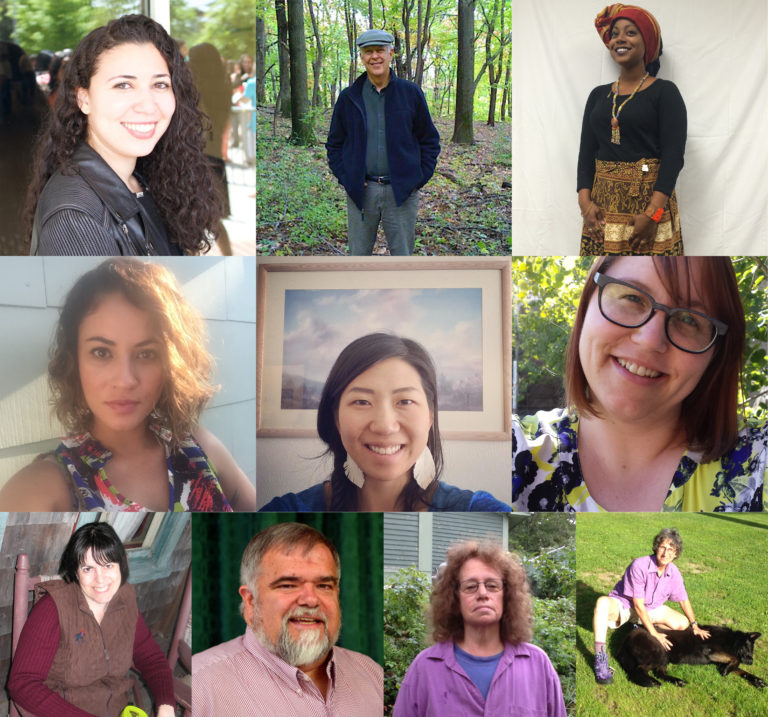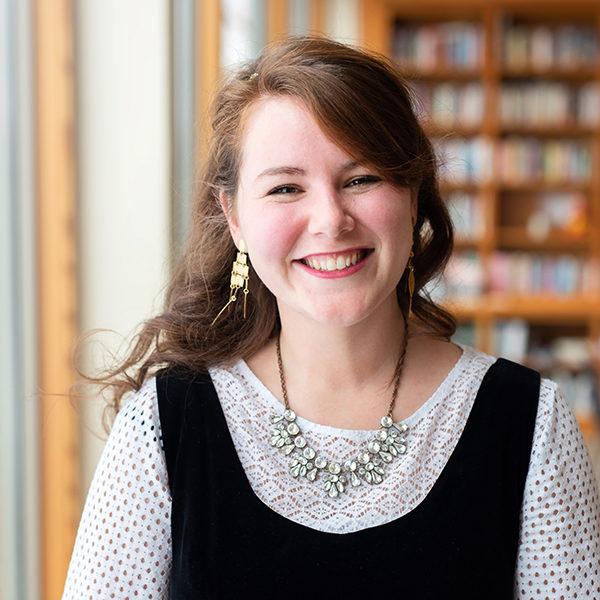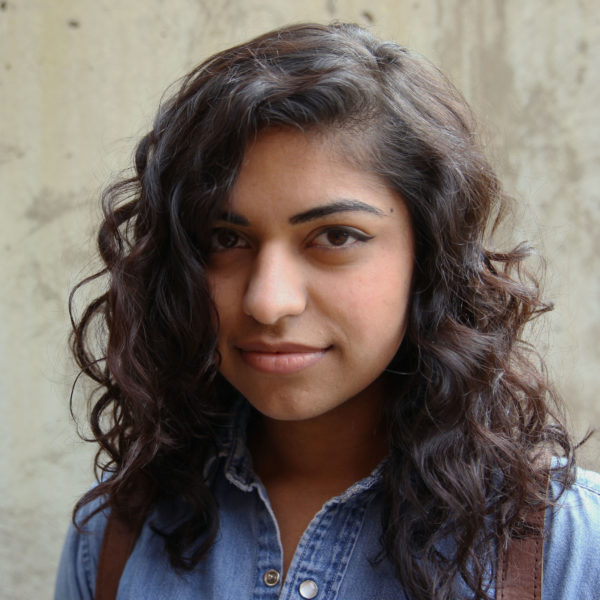
Names, Identity, and the Process of Becoming
2015 was called the year of identity — shifting, fixed, fluid — and what’s more core to our identities than our names? Our names are rife with meaning, stories we claim and others we discard.
We took up this question for our Your Audio Selfie project. These audio snapshots run the gamut, traversing themes of ancestry and the intersections of our personal lives and our collective history.
Yoserra Bouchtia, a Moroccan-American millennial names this connection well. She navigates her dual-identity through the way she instructs others to say her name:
“Just like there are two ways you can say Morocco, there’s the English way, ‘Morocco,’ and then there’s the Arabic way, “Al-Magrib” (المغرب), or the French way, “Maroc.” When I was younger I thought there was a different way you pronounced someone’s name depending on which country you’re in.”
Many of the audio selfies evoke a powerful sense of loss of identity, which hearken back to the long and complex legacy of assimilation in the U.S. From the German-Americans of the Midwest to the losses and gains of immigrant names, the names we choose become a part of our personal stories, and our histories. Rita Cammarano, an Italian-American, punctuates this poetic loss in her audio selfie, lamenting the names her parents exchanged — Vincenzo and Crescenza — for Chris and Jim.
Victoria Ford named another kind of loss in her audio selfie: the loss of a woman’s family name when she gets married. About 30 percent of American women today elect to keep or hyphenate their maiden name after marriage, an upswing from the more traditional ’80s and ’90s. Victoria’s humorous account of her attempts to change her name embodies the creative thrust of her generation, and the inventive way in which, against all odds, names are passed down. (Parker Palmer, for one, was named for his father’s father, Jesse Palmer, and his father’s mother, Jennie Parker.)
Names can also carry the weight of other histories. Eva Gumprecht was named for Eva Rosenberg, her mother’s Jewish therapist in Nazi Berlin who died by suicide when the Gestapo came for her. She continues to wrestle with carrying the name of a woman she never knew:
“It wasn’t until I was older that the impact of who I had been named after really came to me. And that I’d been named after someone who had taken care of my mother. And that I’d been named after someone who committed suicide. And who I think or thought Eva was, I mean it changes all the time.”
Those who struggled with their names often also struggled with the names they might name their children. Katie Koga describes growing into her name as a process of becoming:
“I often think about if I have children: What I would want to name them? It’s tricky because I think a lot about how intentional my parents and my grandparents were about giving my dad and his brothers and then giving my brother and I American names. It was very intentional to make our experience of being Asian-American a lot easier. And so I understand that. But at the same time, I think that if I have the opportunity to name somebody, I feel like it would probably be a Japanese and/or Korean name. I feel like that is sort of part of that reclaiming.”
Producing this series left us with a deep curiosity about our own naming stories, and an instinct to ask this question of each other. So, settle in, take a listen, and maybe you too will be inspired to ask this question of your community. It’s a rich one.



Share your reflection